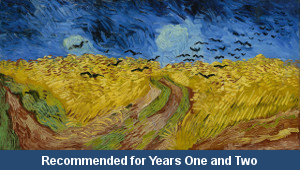Lesson Four – Coin Facts

This maths teaching pack for Key Stage One gets the children to identify and record a selection of true and false facts that can be used to compare money amounts using different combinations of coins.
The class can use concrete objects and diagrams to illustrate different the selected combinations of coins so that they can be compared in a money number equation.
Download this teaching pack including a lesson plan, classroom activities and an interactive presentation to identify and record a selection of true and false facts that can be used to compare money amounts using different combinations of coins
Activities in this teaching pack include a set of differentiated worksheets to record examples of true and false facts that can be used to compare money amounts using different combinations of coins with matching sums to one pound for core and extension ability levels and to twenty pence for support ability levels.
The interactive presentation gets the children to explore true and false facts that can be used to compare money amounts using combinations of coins.
This lesson is part of a maths scheme of work to get the children to identify and record combinations of coins and notes to match different money amounts to use when making comparisons between number sums. There are teaching activities for shared learning, differentiated worksheets to support independent learning and interactive presentations to introduce concepts and key skills.
-

Digraphs Word Sums
Investigate the spellings and meanings of different sets of words with a range of initial consonant digraphs
-

Van Gogh
Investigate and replicate the work and painting style of a famous artist from the past by producing a matching landscape of the school building
-

Harbour Labels
Practise structuring and formatting different word processed documents to describe a range of ships and boats seen in a harbour
-

Islam
Explore and illustrate some of the different stories, beliefs and practices of the Islamic religion including special festivals and sacred texts
